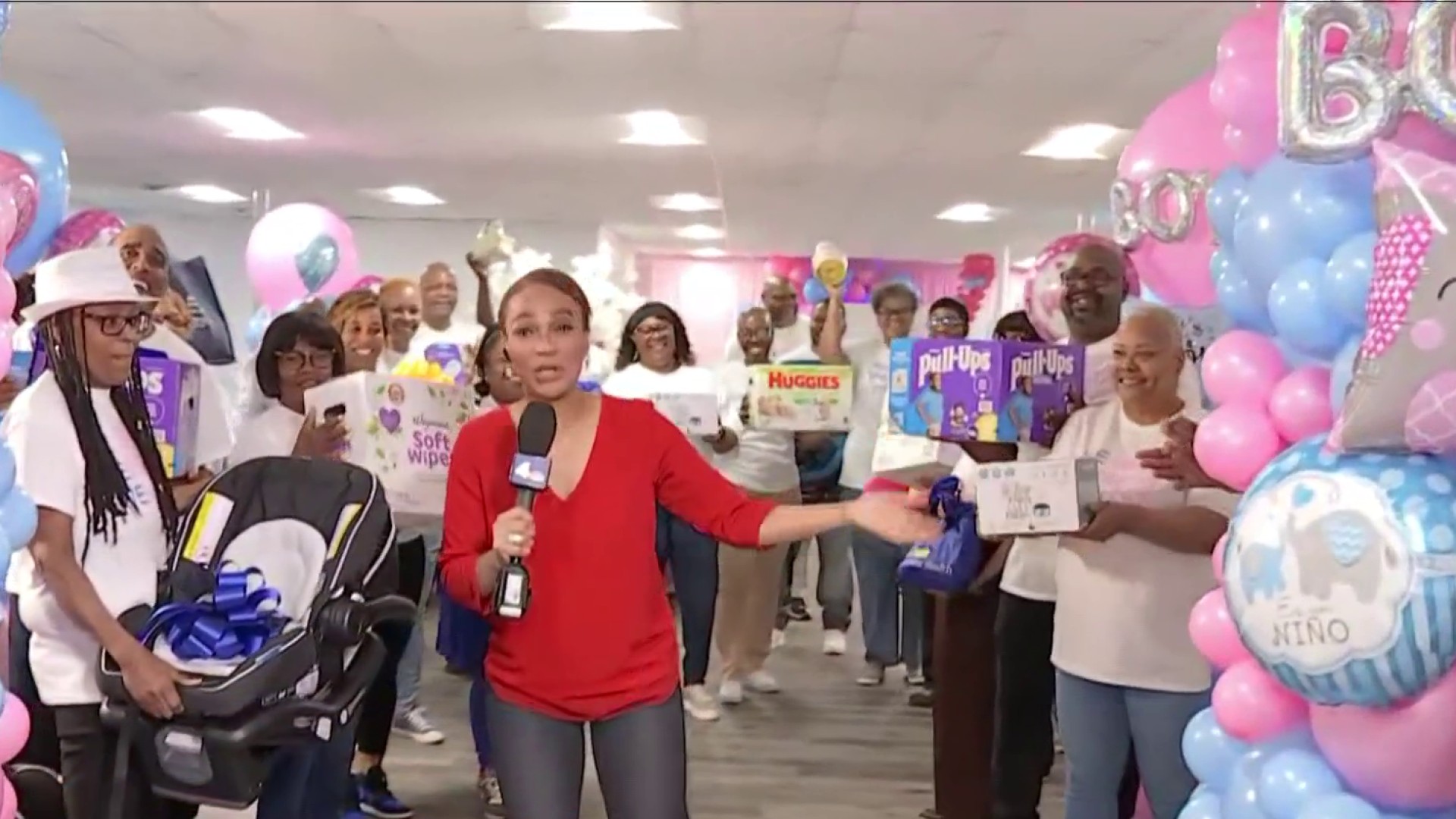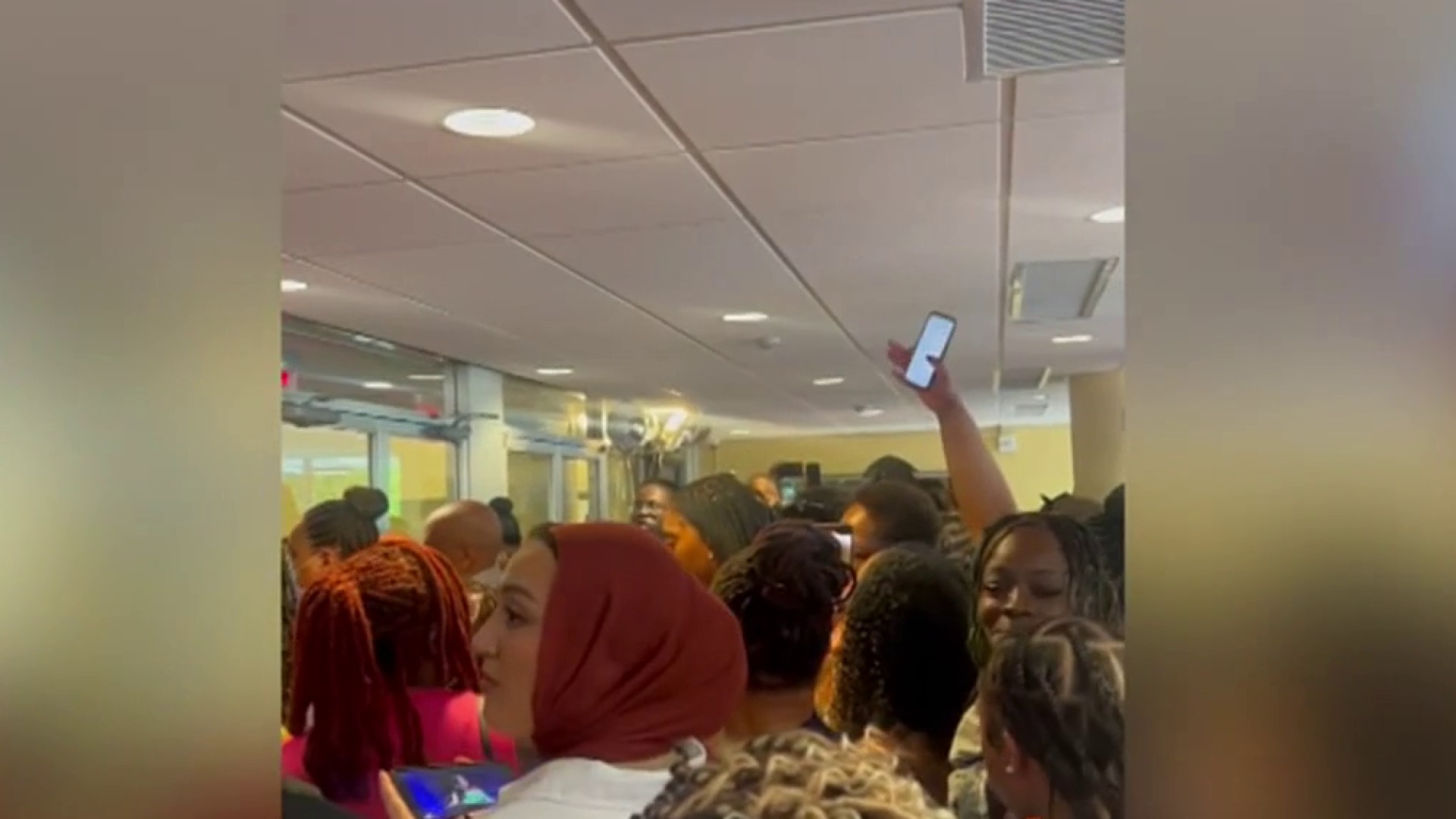Researchers at MedStar Health turned to some of the brightest young minds in the District to help make COVID-19 data easier to understand.
Between the charts, graphs, weekly averages and daily case counts, getting a clear understanding of COVID-19 data can be difficult.
Scientists at the MedStar Health Research Institute work with recent high school graduates and early college students to help clear things up.
George Washington University sophomore Daryll Jackson is one of four Coolidge High School graduates interning in the institute’s health equity research program.
We're making it easier for you to find stories that matter with our new newsletter — The 4Front. Sign up here and get news that is important for you to your inbox.
“When I was in high school, I was so amped to be a doctor, and it instilled a small passion in me for health care, especially health equity,” she said.
At the core of the work is determining whether health departments across the country are presenting COVID-19 data in an accurate and understandable way, asking questions like whether the data is scattered or comprehensive, does it offer demographic breakdowns.
Jackson was surprised by what she found.
Local
Washington, D.C., Maryland and Virginia local news, events and information
“There were some websites that didn’t include demographics about COVID cases, such as age, race and gender,” Jackson said.
The group’s advisor, Raj Ratwani, said the work is not only critical to addressing the inequity in the country’s COVID-19 response, but it also addresses the achievement gap in STEM fields exposing students from underrepresented groups to some of the biggest scientific challenges facing the country.
“Our thought is that if we can get students integrated into these different internship programs early, they’ll start picking up the skill sets that they need to grow successful careers that are going to help us address a lot of these health equity issues,” said Ratwani, vice president of scientific affairs at the institute.
Ratwani hopes the group’s work will ultimately be published.
“It will be a big leg up in their career path, because they’ll now be able to say they have the experience not only thinking about their research question, conducting the analysis, but probably the most important part, which is disseminating the information,” he said.
As a young Black woman, it’s that final piece that was so crucial for Jackson.
“It really is important to be educated on things like this,” she said. “And spreading awareness about it as well is really important.”



